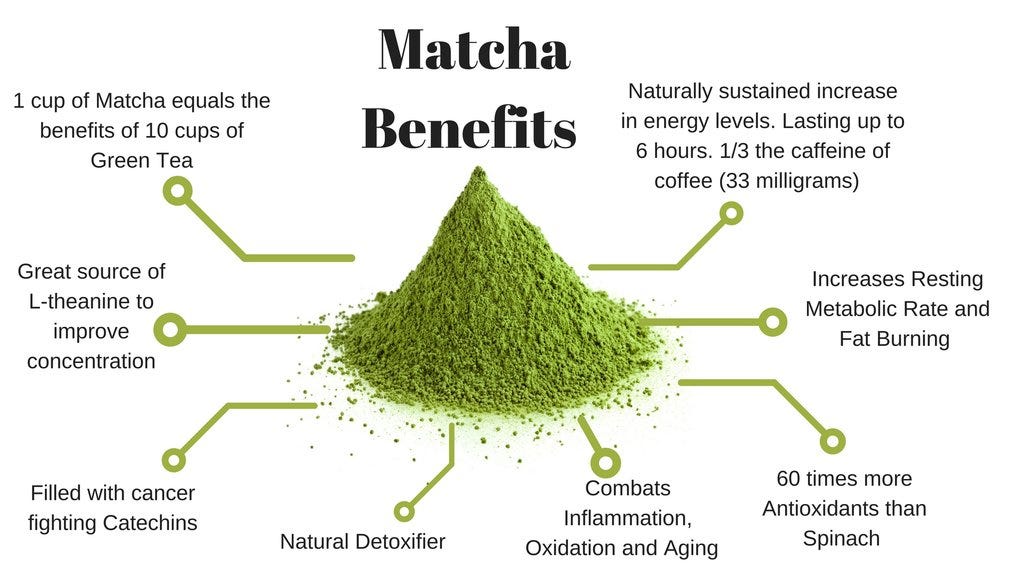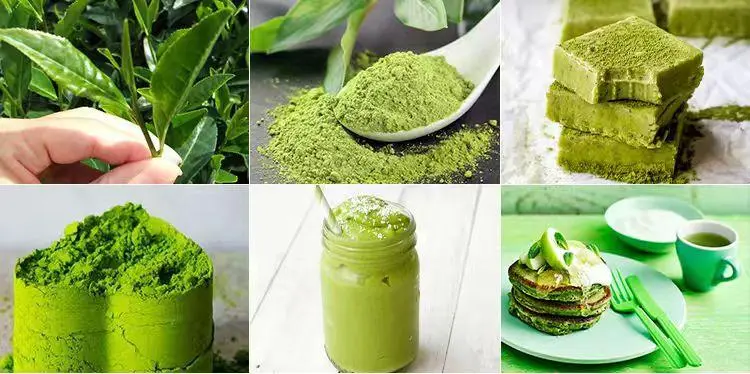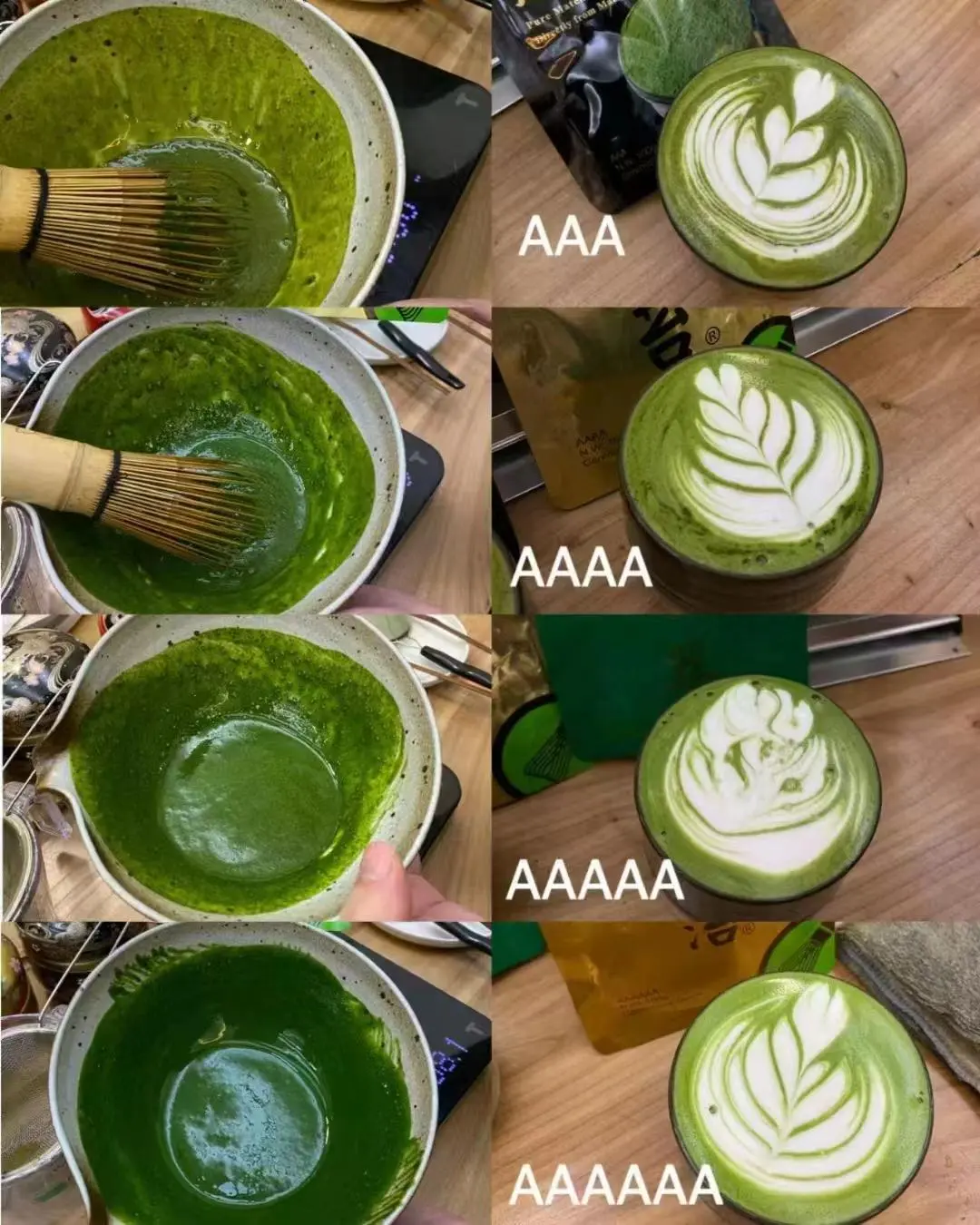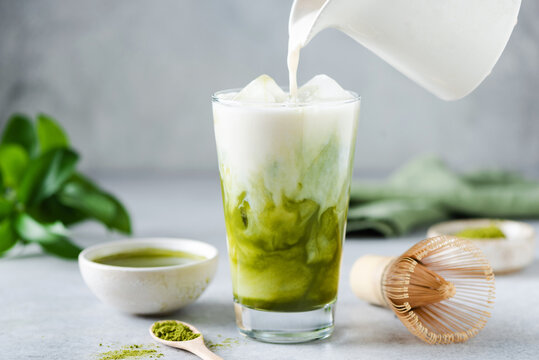what does matcha taste like?
Matcha is a high-quality green tea that is finely grounded in powdered form. When prepared, matcha powder is whisked with hot water (instead of steeped in boiling water) to form a frothy, vibrant green tea packed with unique health benefits.
Matcha is more than just a trendy green drink — it’s a centuries-old Japanese tradition that has become a global superfood. But if you’ve never tried it before, one of the first questions you might have is: what does matcha powder taste like?
Unlike regular green tea, matcha has a unique flavor profile that blends earthiness, sweetness, umami, and a touch of bitterness. Its taste can vary depending on the grade of matcha, how it’s prepared, and what it’s paired with. Let’s dive deeper into the world of matcha flavor.
What is Matcha Powder?
Matcha Powder is a premium-grade powdered green tea renowned for its vibrant green color, delicate flavor, and numerous health benefits. It is sourced from organically grown Camellia sinensis plants, carefully cultivated without the use of synthetic pesticides or fertilizers. This exquisite powder is finely ground from the whole tea leaves, resulting in a smooth and silky texture. The powder has a fine, talc-like consistency that easily dissolves in water, making it ideal for various culinary and beverage applications.
Unlike regular green tea powder, matcha powder is made from shade-grown tea leaves to prevent direct sunlight, which slows down growth and stimulates an increase in chlorophyll level, which turns the leaves into a darker shade of green. Only the most delicate tea buds are hand-picked, removing the veins and stems. The buds are then stone-ground to the fine bright green powder. While green tea is an infusion of tea leaves, matcha incorporates the entire leaf, resulting in a more concentrated source of nutrients and caffeine.
Yangge Biotech follows a meticulous process to ensure its exceptional quality. The tea leaves are carefully harvested by hand, selecting only the young and tender leaves. After harvest, the leaves undergo a steaming process to preserve their vibrant green color and prevent oxidation.
The Flavor Profile of Matcha
Earthy Notes
Matcha has a naturally grassy and earthy taste that reflects its origins as finely ground green tea leaves. This flavor comes from the high chlorophyll content, which also gives matcha its vibrant green color.
Umami Richness
One of the most distinct characteristics of matcha is umami — the savory depth of flavor often described as "brothy" or "rich." Premium ceremonial-grade matcha has a more pronounced umami taste compared to culinary-grade versions.
Natural Sweetness
Good-quality matcha carries a subtle natural sweetness. This sweetness balances the grassy tones and makes matcha pleasant even without added sugar.
Slight Bitterness
Lower-grade matcha can have more bitterness due to higher tannin content. However, when prepared correctly (using the right water temperature and whisking technique), the bitterness is mild and balanced.
Creamy Finish
When whisked with hot water, matcha develops a frothy texture that gives it a smooth, creamy finish — unlike regular tea, which is thinner and lighter.
Health Benefits of Matcha Powder
Beyond its unique taste, matcha is valued worldwide for its powerful health benefits. This finely ground green tea is packed with antioxidants, amino acids, vitamins, and minerals that contribute to overall well-being.
1. Rich in Antioxidants
Matcha contains high levels of catechins, particularly EGCG (epigallocatechin gallate), which help fight free radicals and reduce oxidative stress. This supports anti-aging, cellular protection, and immune health.
2. Boosts Energy & Focus
Unlike coffee, matcha provides a calm, sustained energy. The combination of natural caffeine and L-theanine sharpens focus, enhances mental clarity, and avoids the jittery crash often linked with coffee.
3. Supports Weight Management
Studies suggest that matcha may enhance thermogenesis (the body’s rate of burning calories) and support fat oxidation. This makes it a popular ingredient in weight-loss supplements and fitness shakes.
4. Enhances Heart Health
Regular consumption of matcha can help lower LDL cholesterol and triglycerides, supporting cardiovascular health and reducing the risk of heart-related conditions.
5. Detoxifies Naturally
The high chlorophyll content in matcha helps detoxify the body by binding to heavy metals and supporting natural cleansing processes.
6. Strengthens the Immune System
Matcha’s catechins, vitamins (A, C, E), and minerals (zinc, magnesium) provide strong immune support. When combined with other functional ingredients like yeast beta glucan, this effect can be further enhanced.
7. Supports Skin Health
Matcha’s antioxidants help reduce skin inflammation, fight acne-causing bacteria, and protect against UV damage, making it a beauty-boosting superfood.

Matcha in Combination with Other Ingredients
To maximize both taste and benefits, matcha is often combined with other superfoods and supplements:
Matcha + Collagen → Anti-aging, joint health, radiant skin.
Matcha + Protein (Whey, Pea, Potato Protein) → Muscle recovery, satiety, energy boost for athletes.
Matcha + Creatine → Improves strength, endurance, and workout performance while maintaining focus.
Matcha + Yeast Beta Glucan → Immune system support and enhanced gut health.
Factors That Affect the Taste of Matcha
Not all matcha powders taste the same. Here’s what influences the flavor:
Grade of Matcha
Ceremonial Grade: Smooth, naturally sweet, rich umami, little bitterness. Best for drinking plain.
Culinary Grade: Stronger, slightly more bitter. Great for lattes, smoothies, and baking.
Origin & Cultivation
Traditional Japanese matcha (from Uji or Nishio regions) tends to have a richer and sweeter profile compared to other regions.
Preparation Method
Hot water over 80°C can make matcha taste bitter.
Proper whisking brings out sweetness and creaminess.
When added to milk, smoothies, or desserts, the flavor mellows and becomes more approachable.
Comparisons: Matcha vs Other Drinks
Matcha vs Green Tea: Matcha is stronger, creamier, and more umami-rich than steeped green tea.
Matcha vs Coffee: Matcha has a smoother taste with less bitterness, though it still provides a caffeine kick without the jitters.
Matcha vs Spirulina: Both are green superfoods, but spirulina is much more oceanic and earthy, while matcha has a smoother, sweeter profile.
How Matcha is Enjoyed Around the World
Traditional Japanese Tea Ceremony: Enjoyed plain, highlighting its umami and natural sweetness.
1. Matcha Latte: Creamy, slightly sweet, and mellow — the most popular way to enjoy matcha in cafes.
2. Matcha Smoothies: Paired with fruits or protein powders like whey, pea protein, or even potato protein, giving a balanced, nutritious boost.
3. Matcha Desserts: Ice cream, cakes, and cookies feature matcha’s earthy yet sweet flavor.

Health-Boosting Combinations
Matcha isn’t just about taste — it’s also a nutritional powerhouse. It’s rich in antioxidants, especially EGCG (epigallocatechin gallate), which supports metabolism, detoxification, and heart health.
To elevate both taste and benefits, matcha is often combined with:
Collagen Powder – Enhances skin, hair, and joint health while balancing matcha’s grassy flavor.
Creatine – For athletes, combining matcha and creatine supports energy, focus, and recovery.
Yeast Beta Glucan – Adds immune-boosting benefits while complementing the subtle sweetness of matcha.
Final Thoughts
So, what does matcha powder taste like? The short answer: smooth, earthy, slightly sweet, and umami-rich with a touch of bitterness. The long answer is that it depends on the grade, preparation, and what you pair it with.
High-quality ceremonial matcha is pleasant to drink on its own, while culinary matcha shines in lattes, smoothies, and baked goods. If you enjoy exploring new flavors and superfoods, matcha is a versatile ingredient that offers both delicious taste and powerful health benefits.
References
Nishitani, Y., et al. (2021). Effects of green tea catechins on health promotion. Nutrients, 13(9), 3079. https://doi.org/10.3390/nu13093079
Kuriyama, S., et al. (2006). Green tea consumption and mortality due to cardiovascular disease, cancer, and all causes in Japan: the Ohsaki study. JAMA, 296(10), 1255–1265. https://doi.org/10.1001/jama.296.10.1255
Zheng, X., et al. (2019). Green tea consumption improves brain health: a systematic review of randomized controlled trials. Nutrients, 11(9), 2123. https://doi.org/10.3390/nu11092123
Dulloo, A. G., et al. (1999). Efficacy of a green tea extract rich in catechin polyphenols and caffeine in increasing 24-h energy expenditure and fat oxidation in humans. American Journal of Clinical Nutrition, 70(6), 1040–1045. https://doi.org/10.1093/ajcn/70.6.1040
Cabrera, C., Artacho, R., & Giménez, R. (2006). Beneficial effects of green tea — A review. Journal of the American College of Nutrition, 25(2), 79–99. https://doi.org/10.1080/07315724.2006.10719518
Yamabe, N., et al. (2009). Green tea polyphenol prevents obesity in mice by enhancing energy metabolism. Phytomedicine, 16(6-7), 590–597. https://doi.org/10.1016/j.phymed.2009.01.002






